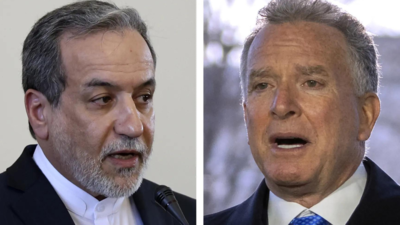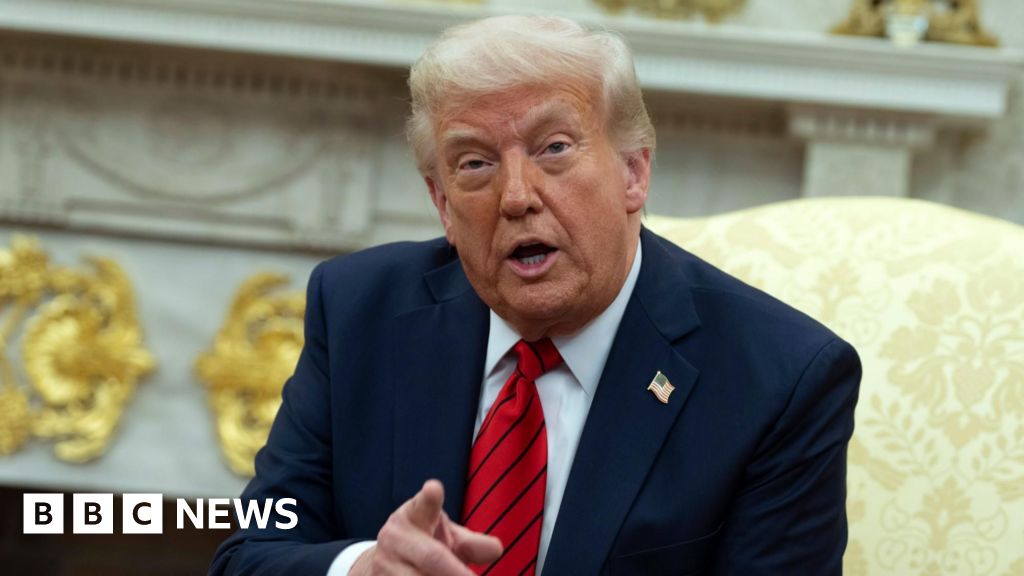High-Stakes Nuclear Negotiations Between Iran and the U.S. Commence in Rome

In a significant diplomatic moment, the second round of high-stakes nuclear negotiations between Iran and the United States has officially commenced in Rome. Iranian Foreign Minister Abbas Araghchi and U.S. Middle East envoy Steve Witkoff have sat down for direct talks, with the negotiations being mediated by Oman. This meeting, which takes place over the Easter weekend, is particularly notable given the long history of tension and animosity between the two nations.
Araghchi made his arrival in the Italian capital early on Saturday, according to reports from Iranian state television. Meanwhile, Witkoff reached Rome after his prior engagements in Paris that revolved around discussions concerning the ongoing conflict in Ukraine. The Omani Foreign Minister, Badr al-Busaidi, who played a crucial role in facilitating the first round of discussions last weekend in Muscat, is again acting as the mediator for these pivotal conversations.
The objective of these negotiations is to establish a common understanding regarding Tehran's rapidly advancing nuclear program, which has raised significant alarms not only in Washington but also among its international allies. The outcome of these critical talks could very well dictate whether diplomatic efforts succeed or if they lead the region towards a potential military confrontation. U.S. President Donald Trump emphasized the importance of these discussions on Friday, stating, "This is about stopping Iran from getting a nuclear weapon. But I want Iran to be great and prosperous and terrific." His remarks underline the dual necessity of addressing nuclear proliferation while fostering a positive relationship with Iran.
Iranian officials have approached the talks with a measured sense of optimism. Esmail Baghaei, the spokesman for Iran's foreign ministry, expressed on the social media platform X, We take every step with open eyes, relying also on past experiences. This sentiment reflects a cautious hope amidst the backdrop of ongoing regional tensions.
The context in which these negotiations are unfolding is fraught with complications. The Middle East has been witnessing rising tensions, especially in light of the recent Israel-Hamas conflict in Gaza and the U.S. airstrikes on Iranian-backed Houthi rebels in Yemen, which resulted in the deaths of over 70 individuals. The stakes are extraordinarily high; failure in these negotiations could lead to escalations, including potential military action or Iran advancing its nuclear enrichment to beyond the already alarming 60% purity levela mere technical step from achieving weapons-grade material.
Moreover, adding layers of complexity to the situation, Araghchi recently had discussions with Russian President Vladimir Putin in Moscow. This meeting implies that Russia, a signatory to the original 2015 nuclear deal, may play a pivotal role in any prospective agreement, potentially even involving the custody of Irans enriched uranium, as reported by the Associated Press.
On the domestic front, Iran is grappling with economic pressures that have ignited protests over possible fuel price hikes and stirred unrest regarding the mandatory hijab law. Such domestic instability contrasts sharply with the ongoing negotiations; however, the process has slightly bolstered the value of Irans currency. Furthermore, the recent acquisition of two Airbus A330-200 aircraft by Iran Air signals renewed hopes for revitalizing international trade, contingent, of course, on sanctions relief.
Ultimately, the outcomes of the Rome negotiations could hold profound implications not just for Iran's nuclear trajectory but also for the broader landscape of regional security and the future of diplomatic relations with Western nations.



























